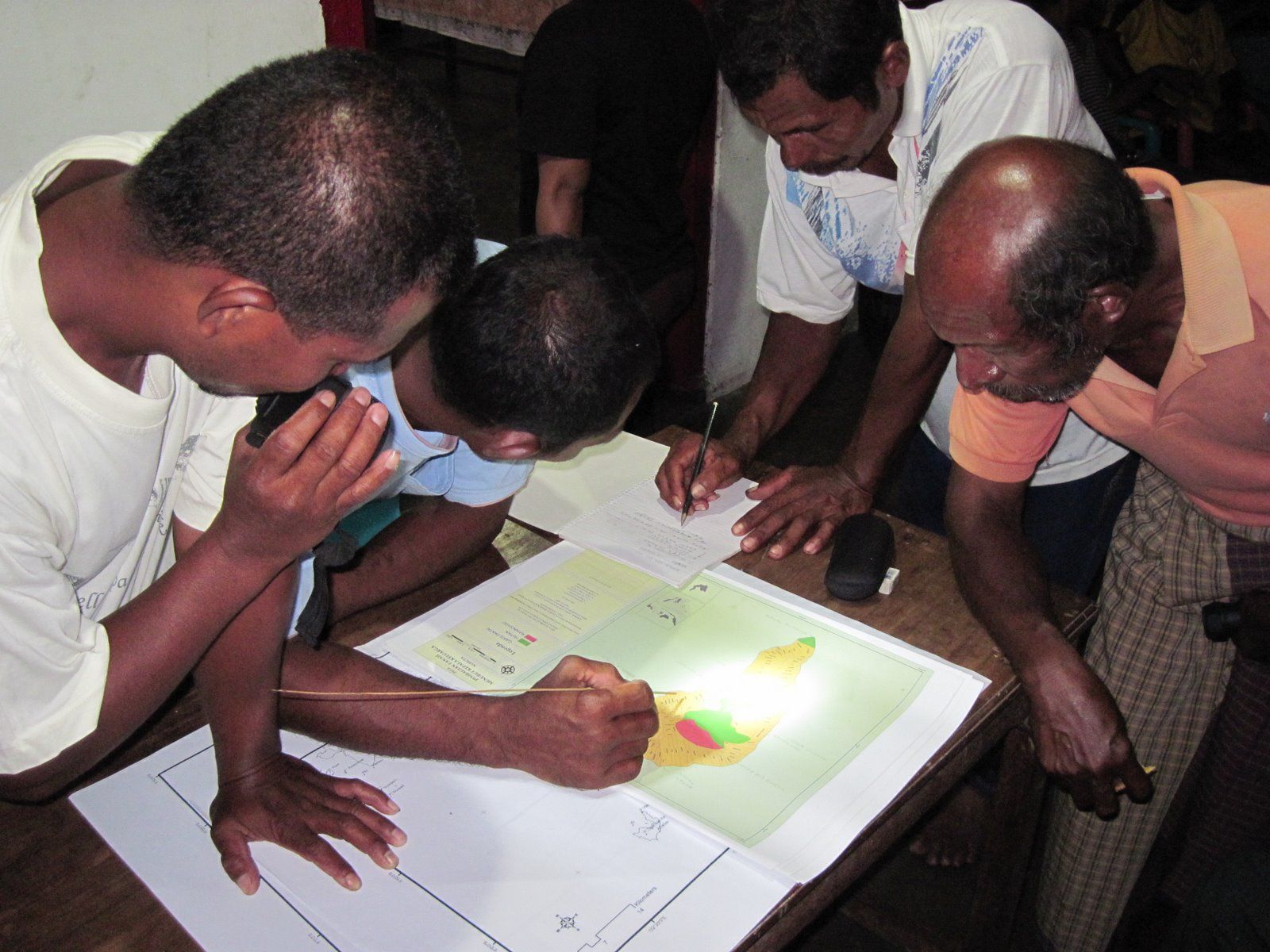How Can Conservation Organizations share a common language and framework for increased learning and adaptive management?
In a world with competing interests and an ever increasing pressure on the natural world, it is important that resources spent on biodiversity conservation are used to their utmost efficacy. Biodiversity conservation is often a moving target, and the stakes are high. How much protection is enough? Which tactics are the most effective? How do we know if costly projects and plans are actually working?
As with any other complex challenge, we need a system to assess the effectiveness of our actions. We need a system of adaptive management in conservation, one that helps organizations determine what is working, how management can be improved, and how actions should be changed for better outcomes.
To begin answering these questions a coalition of different conservation groups called the Conservation Measures Partnership created the Open Standards for the Practice of Conservation. Open Standards is a framework for conservation that aims to bring together project design, management, and monitoring to help practitioners create a common terminology across initiatives and improve the efficiency and effectiveness of conservation projects. This model of systematic project design also aims to respond to the problem of conservation organizations using different languages, processes, and terminology, which prevents them from learning from each other and sharing common goals.
The Open Standards framework is fairly simple and presents a five-part project management cycle that can be applied across a wide spectrum of projects:
STEP 1 Conceptualize the Project Vision and Context
STEP 2 Plan Actions and Monitoring
STEP 3 Implement Actions and Monitoring
STEP 4 Analyze Data, Use the Results, and Adapt
STEP 5 Capture and Share Learning.

The Open Standards framework can be easily operationalized using “Miradi” desktop software. Miradi is an affordable program which walks practitioners though a systematic process of conservation planning, implementation, and monitoring with a series of steps and a user-friendly interface. Associated with this software, is a new online platform called “Miradi Share,” which allows users to share their Miradi files with their team and beyond (if they choose) and to find other practitioners who have similar conservation goals. As such, Miradi Share helps teams share information and learn from the collective experience of the conservation community.
The “Conservation Coaches Network” (a network of coaches and professionals trained in the Open Standards) is another important element in the spread of the Open Standards adaptive management process. This network has active franchises all around the world, including North America, Europe, and South America, to name a few.
Technology positively impacted the viability of this project. Ubiquitous global internet connections allows practitioners to connect from all over the world through recorded webinars, and low-cost global communication. To date, conservation practitioners have applied the Open Standards to thousands of projects globally.
One of the major challenge to widespread adoption, however, is convincing organizations to change their management systems. Many conservation groups are hesitant to rock the boat or change their approaches. As can be imagined, it’s hard to find a management model that pleases everyone. As an example, the Open Standards has been described by some as ‘too complex’ and others as ‘too simple.’
Despite these challenges, the Open Standards show significant promise in changing the landscape of conservation projects around the globe. An important aim of the Open Standards is to establish a common language and set of best practices in adaptive management in conservation. It’s about setting yourself up to learn, sharing across projects, and valuing failure as much as success.

Community Mapping Exercise – Kei Island, Indonesia, Photo Credit: Foundations of Success

Sharing monitoring data from Locally Managed Marina Areas Network – Mindanao, Phillipines. Photo Credit: Foundations of Success
